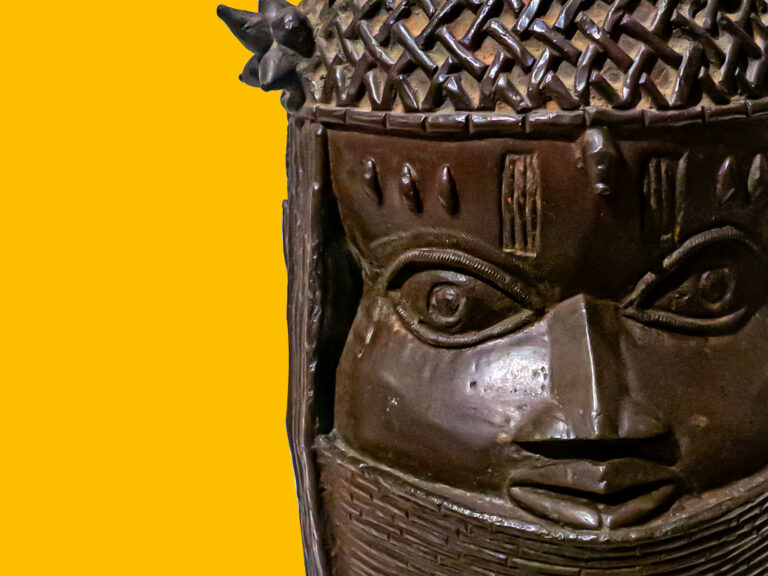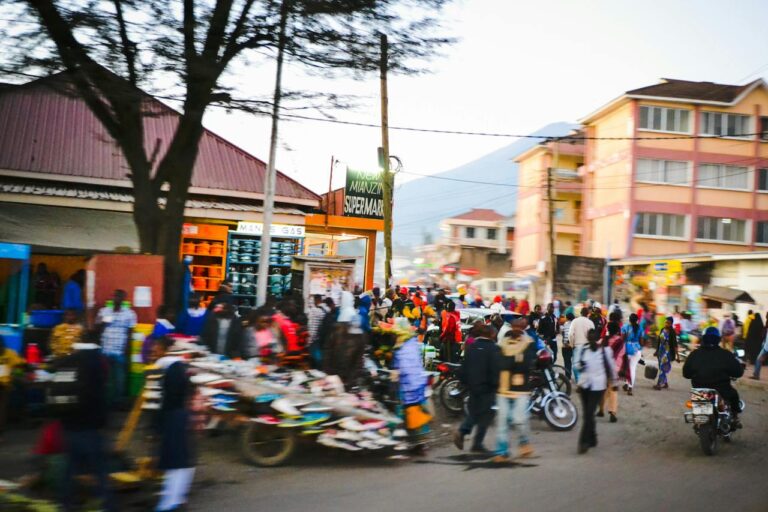Gothenburg, Sweden (TP)
The deal is still waiting to be ratified and come to life. After decades long negotiations, what is hindering the trade deal’s acceptance and why is it opposed by so many? The deal between the EU and Brazil, Argentina, Paraguay and Uruguay (Mercosur) is to be EU’s largest trade deal in history.
But it has evoked serious concerns over environmental and human rights by environmentalists, trade deal experts and political leaders.
Mercosur bloc
The southern common market formed by Argentina, Brazil, Paraguay and Uruguay.
Associate members
Chile (1996),
Peru (2003),
Ecuador (2004),
Guyana (2013) and
Suriname (2013) are now associate states of Mercosur.
Bolivia is on its way to become a full member state (since 2012).
Venezuela’s membership has been suspended in 2017.
Agreement with the EU
The EU and Mercosur bloc agree to form a new free-trade zone.
The proposed market impact
– Population of the area to be 780 million.
– 93% of tariffs for Mercosur imports abolished.
– Largest Mercosur exports are agricultural products, such as soya and coffee.
Sustainability of the deal
Several researchers studying the deal have pointed out that it fails to fulfil the criteria of a sustainable trade deal. There are three indicators to measure this:
- inclusion of local communities,
- transparency mechanisms to trace commodities and provide open-access information, and
- enforcement to legally uphold sustainability commitments.
The EU has stated that: ‘The agreement will promote the effective implementation of several multilateral environmental agreements signed by the EU and Mercosur countries, such as the Paris Agreement.’
Whereas French president Emmanuel Macron is one of the strongest opponents of the deal, Portugal’s secretary of state for internationalisation, Eurico Brilhante Dias, is much more optimistic about its possibilities: ‘If the agreement is possible – and signed by the parties – we believe that steps forward are possible, that additional commitments, particularly on sustainability, are possible.’
Portugal currently holds the EU council presidency, and along with Spain, has vocally said they will push the deal to go forward.
Indigenous peoples’ rights
Although the EU-Mercosur deal offers considerable reductions in tariffs and opens new markets, it also has the potential to cause negative environmental and social impacts, especially on the indigenous people living in South America.
Additionally to vast amount of threatened land and forests, South America is home to over 40 million indigenous people. About half of them live in urban areas, but those in rural areas are often forced to give up their land to modern agriculture.
There are many examples of trade agreements harming their livelihoods.
Researchers who have looked into the sustainability of the EU-Mercosur deal have pointed out the following:
‘Examples of trade agreements negatively affecting native communities include the Peru-US Trade Preference Agreement, which catalyzed state attempts to re-zone Indigenous forests for agriculture, leading to violent clashes that left 33 dead and over 170 injured; and the expansion of coal mining in Colombia’s La Guajira province on the heels of agreements with the US, Canada, and the EU, which has caused the Indigenous Wayúu people to suffer displacement, water shortages, and high child mortality.’
‘If the agreement is possible – and signed by the parties – we believe that steps forward are possible, that additional commitments, particularly on sustainability, are possible’

Eurico Brilhante Dias
Portugal’s secretary of state for internationalisation
Not consulting the indigenous peoples on a historically large trade deal concerning their land effectively misses an opportunity to make indigenous-inclusive-policies more commonplace. It only adds to the questionable policies already taking place on the continent, especially in Brazil.
One recent example of this is when The Guardian reported how: ‘in April 2020, Brazil’s National Indian Foundation (Funai) – whose remit is to defend Indigenous peoples – legalised the takeover of rural land in over 200 Indigenous areas. Three months later, Amazonian Indigenous communities witnessed a 76% rise in illegal fires on their lands compared to the same time in 2019. Additionally, the Indigenous rights organisation APIB says that coronavirus has been three times more lethal to Indigenous peoples than to the rest of the population.’
South American Indigenous people and their values should have been included in the process and the finished trade deal, but this fundamental right has only been fulfilled partially. Yet in the world facing climate emergency, the indigenous peoples could protect the invaluable forests from being chopped up to free land for soya.
Soya driven deforestation
The largest export from the Mercosur bloc are agricultural products, especially soy. And soy production is a contributor to large-scale deforestation of the Amazon.
Much of Europe’s resistance for the plan comes from worry that the trade deal will increase the amount of Mercosur soya and beef on the EU markets, and that these products will make it harder for the European producers to compete with the cheap South-American production.
The two main South American exports, beef and soya, are closely interlinked and land-intensive products.
About three quarters of soy produced in the world is used as animal feed, with a lot of it exported to Europe ultimately feeding chicken and pig farms.
The true cost behind soy is often unfamiliar to the consumers and the scale of politics entwined with environmental aims is hard to untangle. However, labelling soya as an absolute evil is not straightforward.
The trade deal would not change the soya tariff, as the soya beans and meat already enjoy a zero tariff on EU markets.
The deal does not enable limitless trade, but will have quotas for products like beef.
However, meat, dairy and other agricultural products, like soya, are known to be extremely unsustainable especially in the current consumed amounts.
Way forward
It is agreed by all sides that the EU-Mercosur trade deal is a historical agreement that has a lot of potential. However, as the researchers have pointed out, the exclusion of indigenous peoples when drafting the plan is making it look unfinished and unsustainable and at its current state unable to fulfil the rights granted to indigenous peoples by the UNDRIP. French president Emmanuel Macron has expressed ‘major concerns’ over the deal’s environmental impact.
There are examples of trade deals that have impacted the indigenous people negatively, but also deals that lay out binding environmental regulations. It remains to be seen in which form of the EU-Mercosur deal is ratified and whether it is able to avoid dire human and environmental consequences.
The European Union
- A political and economic union of 27 member states
- Members have a combined area of 4,233,255.3 km2 and an estimated total population of about 447 million.
- Has an internal single market through a standardised system of laws that apply in all member states in those matters, and only those matters, where members have agreed to act as one.
- EU policies aim to ensure the free movement of people, goods, services and capital within the internal market
- A monetary union was established in 1999, coming into full force in 2002, and is composed of 19 EU member states which use the euro currency.
(Source)













